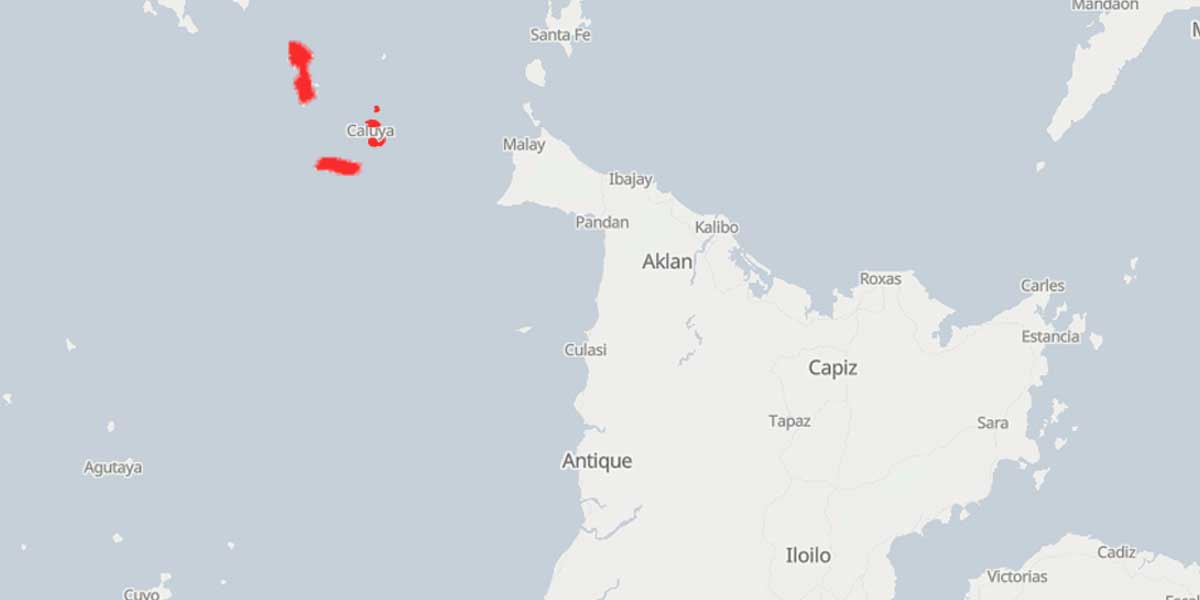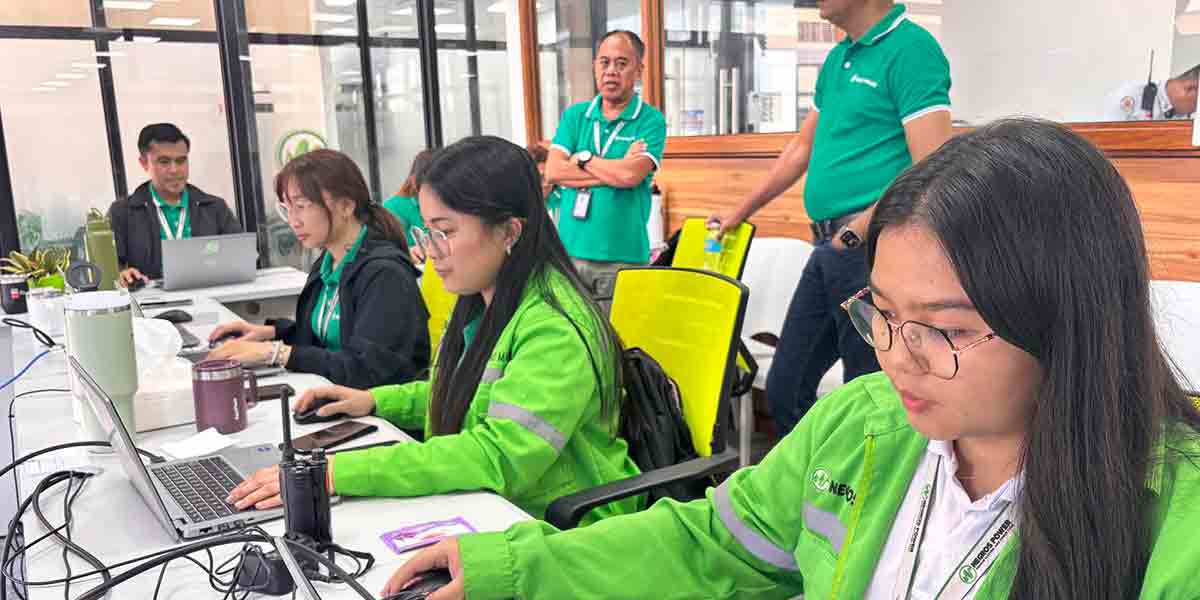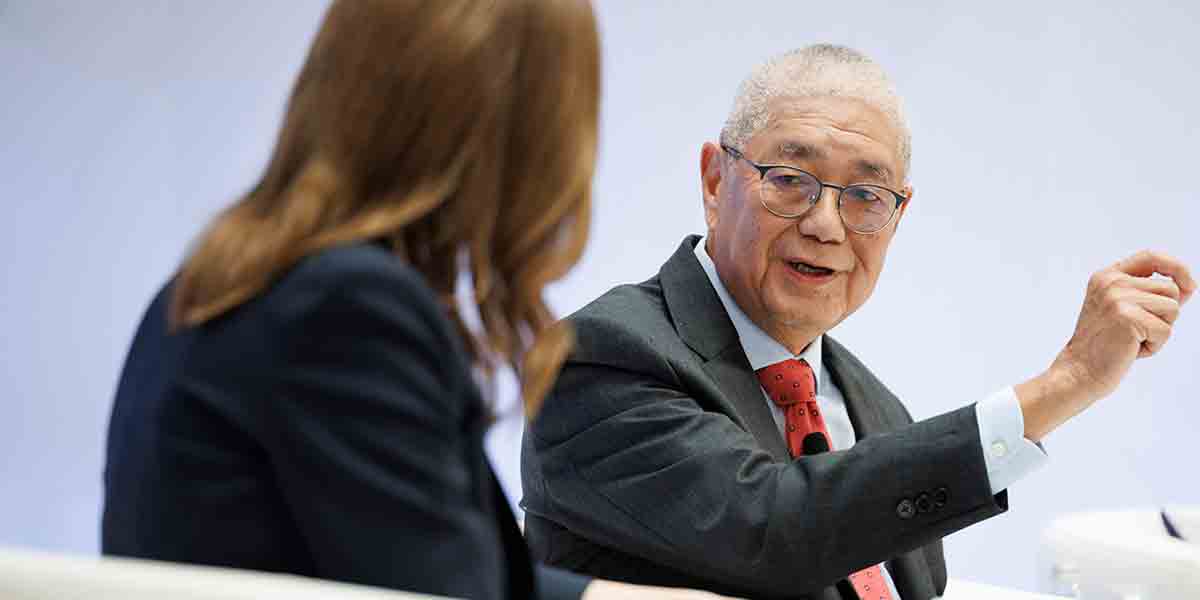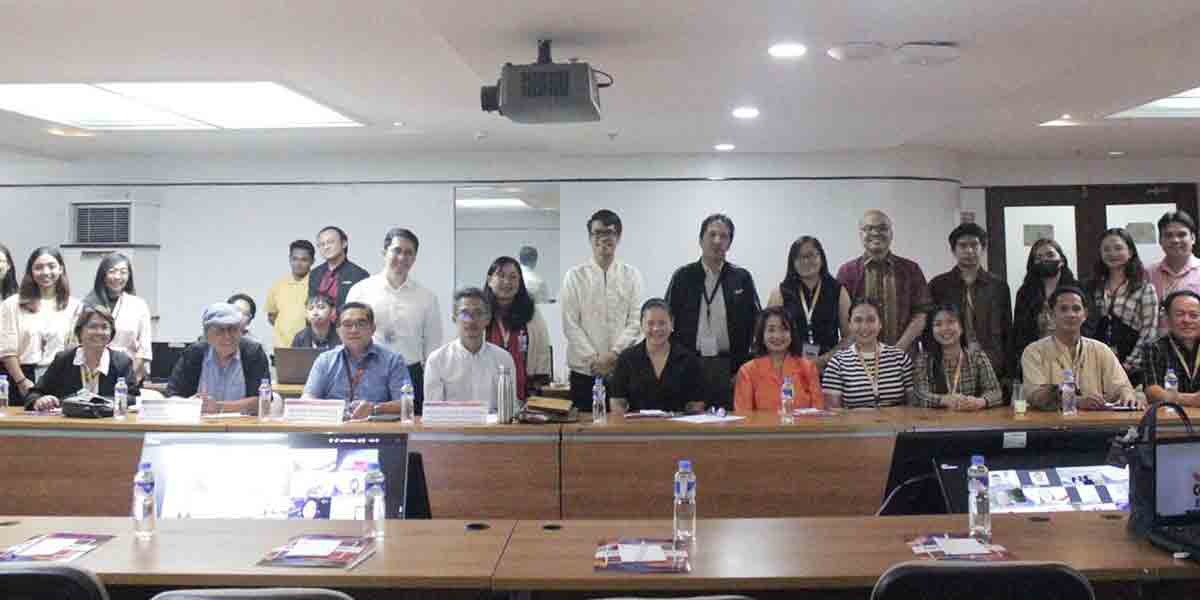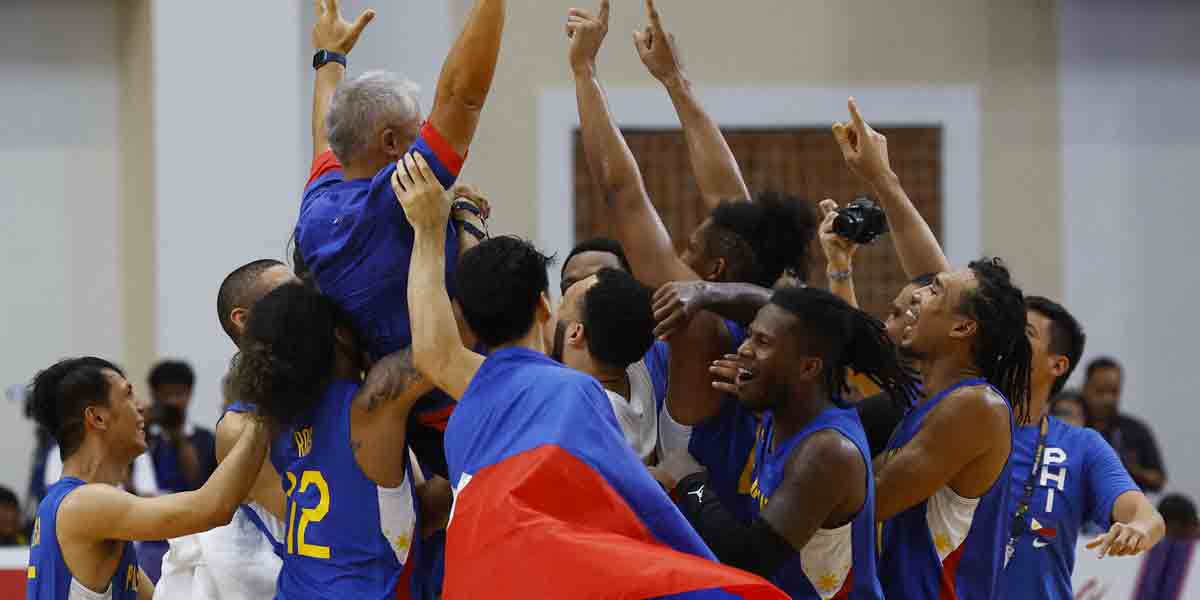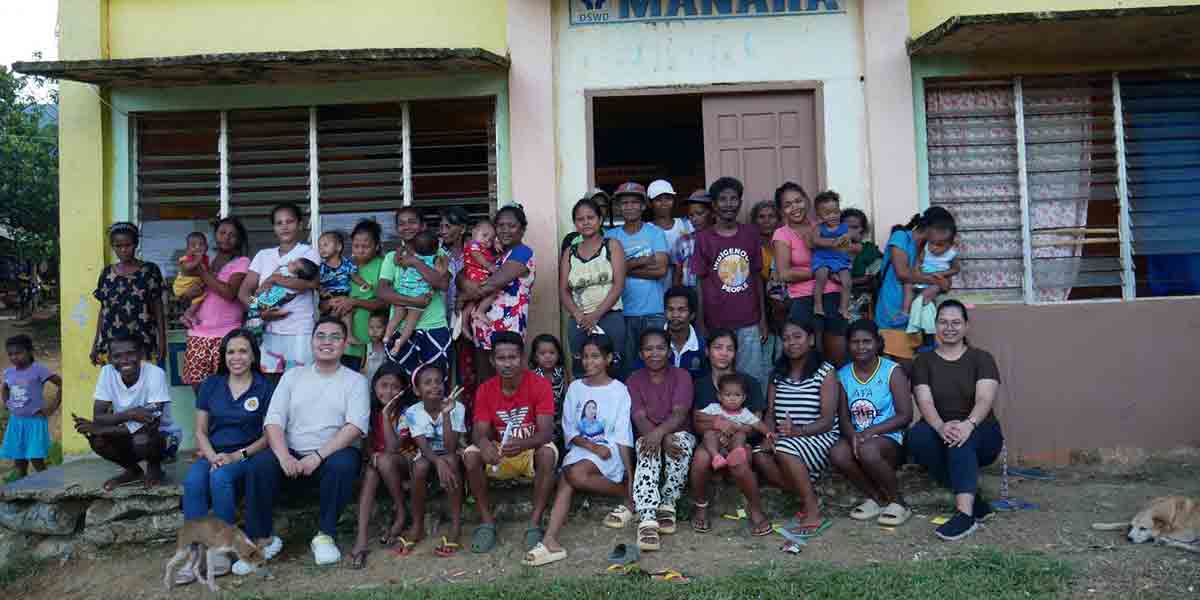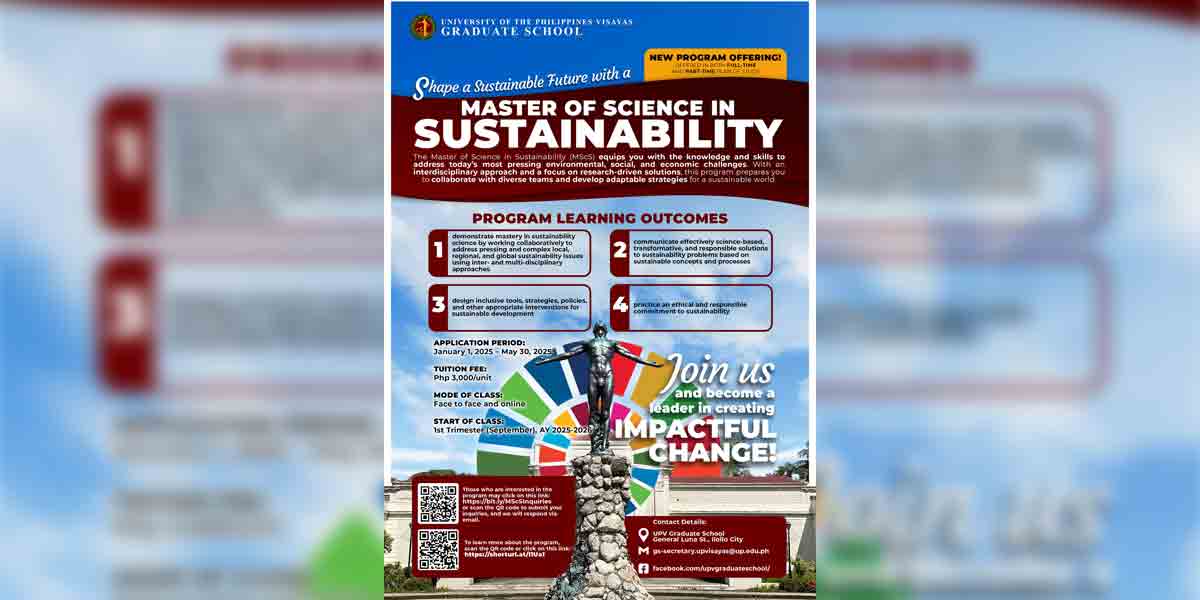
The U.S. and Philippine governments launched on Wednesday, September 2, a workshop attended by 135 participants to measure and understand the negative impacts of illegal, unreported, and unregulated (IUU) fishing in the country.
Supported by the Bureau of Fisheries and Aquatic Resources (BFAR) and the United States Agency for International Development (USAID) through its Fish Right program, experts from the University of the Philippines School of Statistics facilitated the online workshop on September 2-3, bringing together various sectors to increase understanding on IUU fishing at a national level.
“This exercise is a critical first step to understanding the complex global threat that IUU fishing represents to ocean health and maritime security,” stated U.S. Embassy Deputy Chief of Mission John Law during the opening session of the workshop. “I commend the Philippine government as it continues to ramp up its efforts against IUU fishing through investment in multi-stakeholder and inter-agency actions.”
“As we cope and recover from this pandemic, we need to ensure our food security, while at the same time consider our natural capital – our fish stocks and their habitats. This is the bluer normal we want to achieve towards the vision of a food secured and resilient Philippines with prosperous farmers and fishers. We cannot afford to lose our fish to IUU fishing,” shared Undersecretary for Fisheries and BFAR National Director Eduardo Gongona.
IUU fishing is a far-reaching and complex issue that threatens ocean health and maritime security of nations. While it is believed to be widespread in the Philippines, its magnitude, prevalence, and impacts are yet to be accurately quantified. This workshop will bolster Philippine government’s efforts to reduce IUU fishing in the country.
Quantifying the losses to harmful fishing practices will enable fisheries managers to use the best available data to inform fishery policies. This will be undertaken through the collaboration of BFAR and USAID in developing an IUU Fishing Index and Threat Assessment Tool that local governments can use to produce a more standard metric of IUU fishing throughout the country.
Sustainable and responsible fisheries management is foundational to the journey to a “bluer normal” leading to a prosperous, secure and resilient Philippines. These efforts demonstrate the long-term partnership and joint strategic vision of the U.S. and Philippine governments to combat IUU fishing and enhance the well-being of millions of Filipinos who depend on fisheries for food and livelihoods.
The USAID Fish Right Program is being implemented in the Philippines by the University of Rhode Island partnership with a consortium of Philippine universities and non-government organizations. This five-year project aims to address biodiversity threats, improve marine ecosystem governance, and increase fish biomass in three marine key biodiversity areas (MKBAs): Calamianes Island Group, South Negros and Visayan Sea. The program builds on the strategic collaboration of USAID and the Bureau of Fisheries and Aquatic Resources (BFAR) and its partners to manage fisheries, protect habitats, and enhance human well-being of Filipinos. Fish Right is part of a wider USAID development program that aims to address biodiversity loss, illegal, unreported and unregulated (IUU) fishing, and illegal trafficking of wildlife resources.



